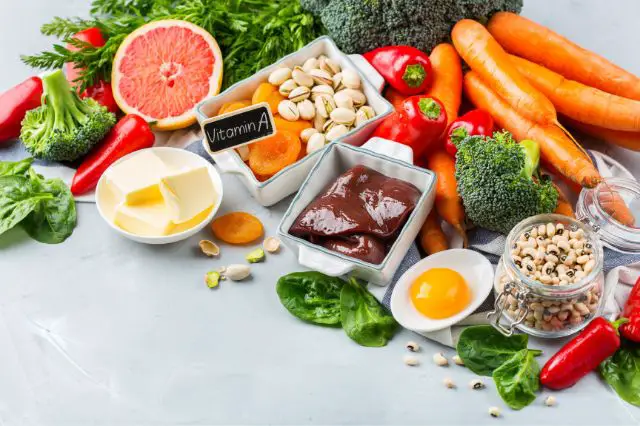In modern life, it’s easy to overlook the importance of nourishing our bodies with essential vitamins and minerals. However, incorporating nutrient-rich foods into people’s diets can be a transformative journey toward vibrant health and well-being.
Before diving into nutrient-rich foods, consider starting with a vitamin profile test to identify any deficiencies or areas for improvement. From leafy greens bursting with vitamin A to citrus fruits brimming with vitamin C, nature offers a cornucopia of delicious and nutritious options to replenish bodies and fortify immune systems.
As such, explore the top nutrient-rich foods that can help people conquer deficiencies and embrace a life of vitality and vitality.
Leafy Greens: Your Vitamin A Powerhouse
Leafy greens such as spinach, kale, and Swiss chard are packed with vitamin A, a crucial nutrient for maintaining healthy vision, skin, and immune function. These greens are also rich in antioxidants, which help protect the body from cellular damage.
Incorporating a variety of leafy greens into salads, smoothies, or stir-fries is a delicious and convenient way to boost your intake.
Citrus Fruits: Vitamin C Superstars
Citrus fruits like oranges, lemons, and grapefruits are renowned for their high vitamin C content. It is vital in supporting the immune system, promoting wound healing, and enhancing iron absorption.
Before indulging in these superfoods, consider undergoing a vitamin profile test to gauge your current levels and ensure you’re meeting your body’s needs.
Enjoying a refreshing glass of freshly squeezed orange juice or adding slices of citrus fruits to your water can help you meet your daily requirements.
Fatty Fish: A Source of Vitamin D
Fatty fish such as salmon, mackerel, and tuna are excellent sources of vitamin D, a nutrient essential for bone health, immune function, and emotion regulation. Incorporating fatty fish into your diet two to three times per week can help maintain optimal essential nutrient levels.
Grilling, baking, or broiling fish fillets with a squeeze of lemon and a sprinkle of herbs makes for a delicious and nutritious meal.
Nuts and Seeds: Rich in Vitamin E
Nuts and seeds, including almonds, sunflower seeds, and hazelnuts, are packed with vitamin E, a powerful antioxidant that helps protect cells from damage caused by free radicals.
Additionally, it plays a role in skin health and immune function. Snacking on a handful of mixed nuts or adding seeds to salads, yogurt, or oatmeal can provide a convenient way to boost your intake.
Fortified Foods: A Convenient Solution
Fortified foods such as fortified dairy products, breakfast cereals, and plant-based milk alternatives can be valuable sources of essential nutrients and minerals, including B12 and calcium.
These fortified foods are especially beneficial for individuals following vegetarian or vegan diets, as they may be at risk of deficiencies in certain nutrients typically found in animal products.
Incorporating fortified foods into your meals and snacks can help meet your nutritional needs.
Conclusion
Incorporating various nutrient-rich foods into your diet is key to addressing deficiencies and promoting overall health and well-being. Before embarking on this journey, consider starting with a vitamin profile test to identify any specific deficiencies or areas for improvement in your nutritional intake.
Whether you’re adding leafy greens to your salads, enjoying a serving of fatty fish for dinner, or snacking on nuts and seeds throughout the day, each bite brings you closer to achieving your nutritional goals.
By making conscious choices to prioritize nutrient-dense foods, you can unlock the power of nature’s bounty and nourish your body from the inside out. So go ahead, savor the flavors of these foods, and transform into a healthier, happier version of you!



Leave a Comment